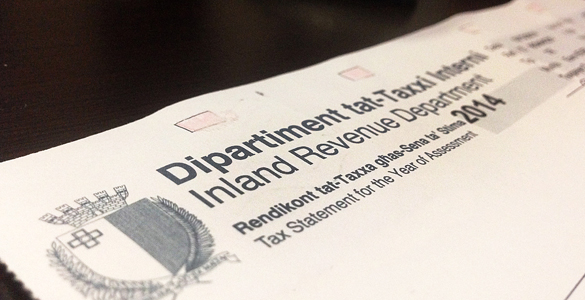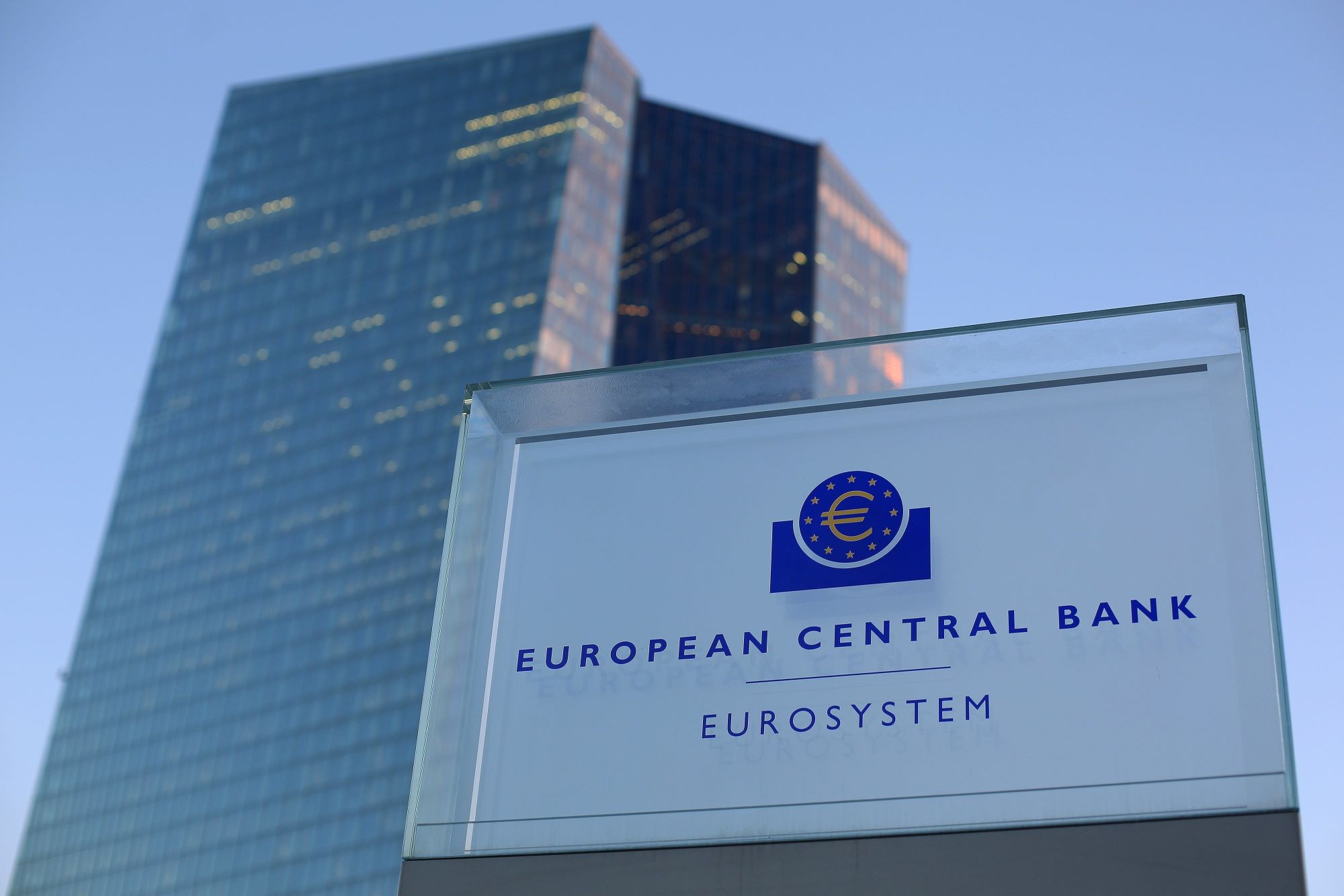The increasingly costly exercise of keeping up to speed with anti-money-laundering and terrorist-financing regulations could lead to lower returns on investment for shareholders of banks, according to the Malta Banking Associaton (MBA).
While the EU’s continued push towards a consistent regulatory environment across the union – chiefly by issuing a series of directives designed to close anti-money-laundering compliance (AML) gaps – is affecting several Maltese business sectors, it is arguably banks that face the most scrutiny.
“Like all other private actors in an economy, banks are in the business of making money via profits. However, unlike most of them, banks are highly regulated and supervised both from a prudential, stability and AML/CFT perspective. Part of the profits banks make is distributed to shareholders by way of dividends, while the rest is retained primarily for enhancing their capital positions – something which is valued strongly, encouraged and required by prudential authorities,” MBA Secetary General Karol Gabarretta told Businessnow.mt.
“Therefore, in the current business and economic environment dominated by the negative impact of COVID-19, international low (and negative) interest rates and subdued business and investment sentiment, the much greater emphasis on servicing strictly those sectors within banks’ risk appetites as stated above, has meant that the overall increased levels of compliance costs could reduce the distribution of dividends to shareholders given that retention of profits continues to be a requirement by prudential authorities. Additionally, banks have also resorted to other methods of enhancing their revenue streams in light of the said economic situation.”
A look at BOV’s financial figures for the past few years seems to bear out the MBA’s claims. In 2009 BOV paid out €0.215 per share. But by 2015, a year after the so-called LuxLeaks scandal put a spotlight on financial irregularities, the price had gone down to €0.085. Three years later, the aftermath of the Panama Papers resulted in a concerted global shift towards increased compliance, and BOV’s share price slid to €0.08.
2018 was in fact the last year that BOV shareholders received any dividends, as the bank did not pay out in 2019, in line with recommendations by the European Central Bank in the wake of COVID-19.
While the Panama Papers and LuxLeaks placed a spotlight on tax avoidance and aggressive tax planning, it also highlighted the need for greater scrutiny across the financial services world, evidenced by the plethora of legislation that has come out since then.
According to Charles Cassar, founder of Shoulder Compliance, the increased cost of compliance manifests itself in several different ways.
“Firstly there is the cost of non-compliance. Over the past few years, regulators have become more energetic in the way they do their work, for example by increasing the number of inspections they carry out. This has led to a jump in the number of penalties dished out.
“Secondly, there are the operational costs. It takes time to provide information to regulators, answer all their questions, and prepare reports – time that is taken away from actually running a business. Staying abreast of everything can be mentally taxing on business owners.
“All this added work means that companies also have to hire new employees, or repurpose existing ones. Alternatively, companies can resort to external consultants.
“Then there is the cost of acquiring the technology – in the form of software – required to carry out data management, background checks and customer risk assessment. Previously, this is something that only larger companies required, but now even SMEs with as few as 12 employees are asking for it.
“Finally, there’s the reputational cost. If a business performs poorly, it might be picked up by the media, leading to clients and partners severing ties.”
Both Mr Cassar and Mr Gabarretta noted that, while compliance represented an added expense in the short-term, the long-term benefits were significant.
“The long-term consequences could and should essentially turn out to be beneficial. Any outlay by banks on enhancing their compliance frameworks should be considered as a strategic investment, since the enhancement in compliance reduces risk, increases integrity and results in a lower potential of legal, reputational and business risks, amongst others,” Mr Gabarretta said.
“With a thorough onboarding process at the start of a relationship with a new client, business can be done more efficiently, and the likelihood of said client being retained will increase,” Mr Cassar agreed.
“And call me an idealist, but reducing financial crime is a socially beneficial endeavour that all society benefits from.”
Top 5% of taxpayers responsible for one-third of all income tax paid in Malta
On the other hand, the bottom third of income earners pay just 1.7% of all income tax generated
The Malta Institute of Accountants prepares for its 2024 Anti-Money Laundering Conference
Held at the Radisson Blu, St Julians, this latest AML Conference promises to bring exclusive insights on new procedures
Eurozone interest rates to remain unchanged
The European Central Bank noted that price pressures remain persistent






